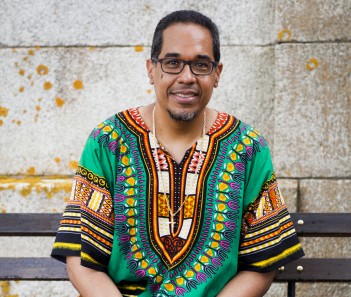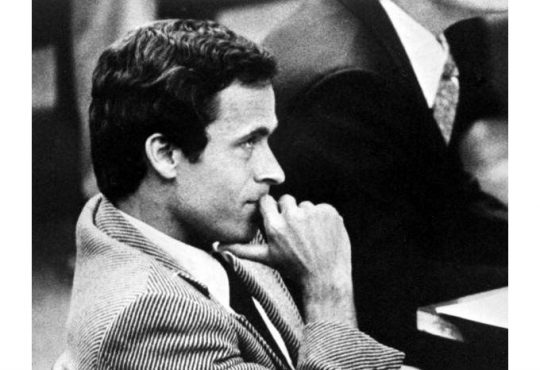Given that our society devotes significant effort to the conception and raising of children, both through the actions of parents and through our educational systems, We Need To Talk About Kevin contains a very pressing and contemporary kind of trauma, one connected deeply to women’s liberation, to child-raising in the “new” American family and to violence in our educational system.
The movie is an adaptation of the 2003 novel of the same name by Lionnel Schriver, helmed by critically acclaimed Scottish director Lynne Ramsey (Ratcatcher, Morven Callar). A chilling, nihilistic thriller that reads like Rosmary’s Baby seen through Elephant, We Need to Talk About Kevin interrogates the grief of a pariah in one of 2011’s more gripping dramatic achievements by both Tilda Swinton and Lynne Ramsey.
Whether the grotesque actions perpetrated by Kevin (Ezra Miller) are the result of his mother Eva’s parenting, his biological genesis or wholly idiosyncratic lies at the heart of this film.
Flurries of memories that crowd the semi-lucid narrative punctuate’s Eva’s existence in the aftermath, stigmatized and haunted tangibly in one of Tilda Swinton’s best performances.
Swinton plays Kevin’s disgraced and disturbed mom Eva, the main target of his hate. Living in the isolation imposed on her by her son’s violent actions, the whole of Kevin’s and Eva’s history is retold through flashbacks of Kevin’s life with Eva and her husband Franklin (John C. Reilly).
Eva’s postpartum depression, previous career as a globetrotting travel writer, her current life as a broken woman, and the growth of Kevin’s detached loathing for his mother cover the course of his sordid story.
No doubt about it, something is very wrong with Kevin, and the consistent abuse he levels at his mom is too relentless to be normal.
But as Eva’s persona grows more nuanced and morally ambiguous, and her paranoia grows in step with Franklin’s denial of Kevin’s lack of conscience, on whose head the blame for Kevin’s actions should rest becomes difficult to determine.
The narrative structure of the film, by far the most indicative element of Ramsey’s directorial prowess, mimics the action of Eva’s frantic mind as she recollects every and any moment that led could have contributed to Kevin becoming a killer.
Its jangled collection of moments, separated through seamless cuts masked through continuous, echoing soundtracks, reveal only as much as the audience needs to know, spiraling downwards as the evidence of Eva’s complicity, Kevin’s malevolence and Franklin’s willing ignorance mounts.
The silence in each shot communicates just as much as the dialogue does, as the psychic weight mounting as the audience learns in piecemeal Eva’s full tragic history.
Certainly not a family movie but one worth seeing, We Need to Talk About Kevin presents a disturbingly thorough exploration of what it takes to make a bad seed.






